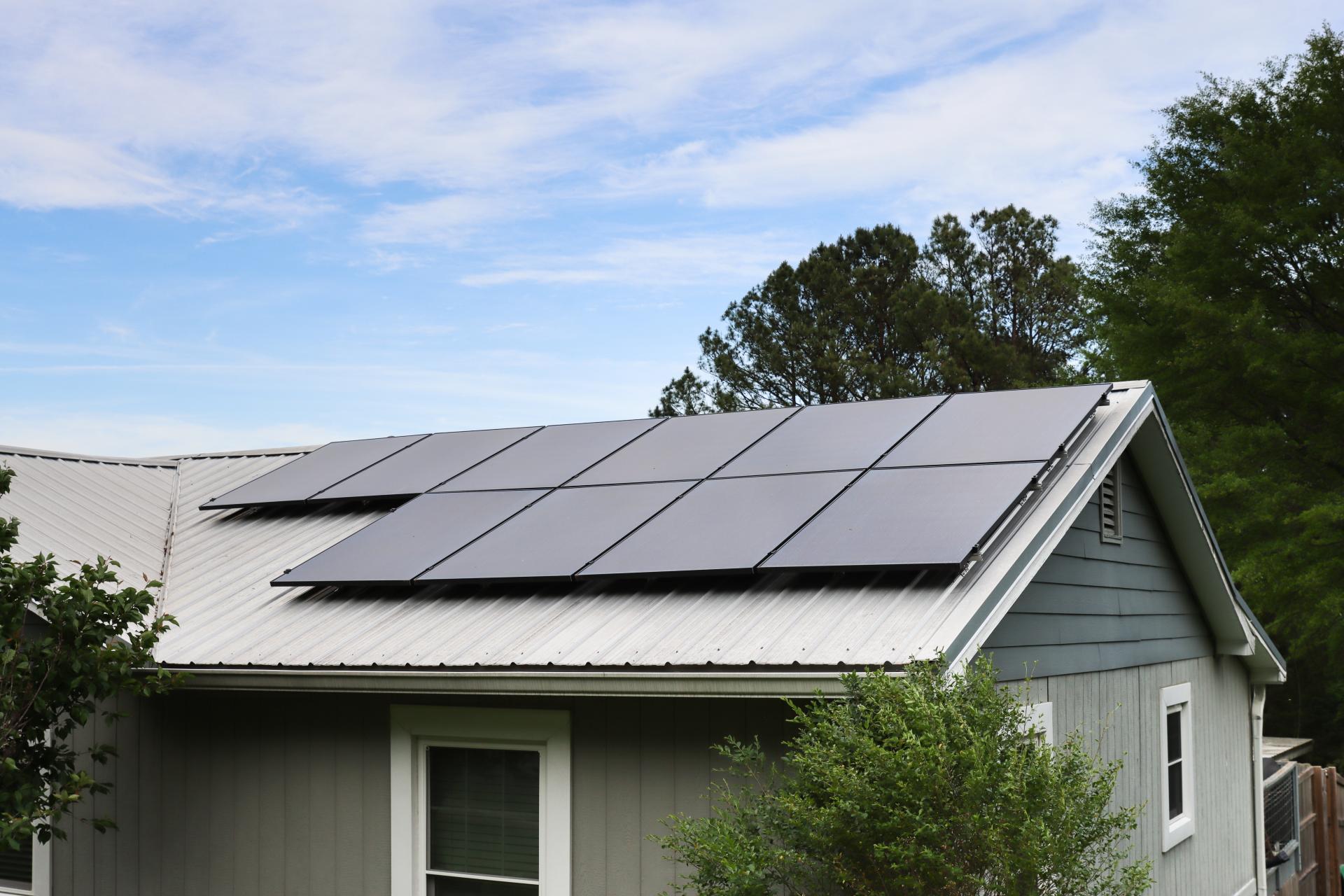Six Months into 2024, Here are the Year’s Biggest State Policy Wins for Solar and Storage

As the solar and storage industry leads the transition to a clean energy future, much of the work of decarbonizing our economy depends on state and local action. That is why experts from the Solar Energy Industries Association (SEIA) are working in states across the country to establish supportive policy frameworks that allow solar to compete in the marketplace and offer cost-competitive, reliable energy to consumers. SEIA works closely with a wide array of partners and stakeholders to drive consensus and advance strong clean energy policies.
With 2024 halfway done, here are some of the year’s most important state policy wins for the solar and storage industry.
Maryland
In May, Maryland Governor Wes Moore signed the landmark Brighter Tomorrow Act into law. This bipartisan legislation will expand solar access to low- and moderate-income Marylanders, facilitate the adoption of automated digital solar permitting for counties and municipalities, and invest in local solar deployment.
SEIA collaborated with its regional affiliate Chesapeake Energy Storage & Solar Association (CHESSA), environmental advocates, community organizations, and lawmakers to secure this win.
Virginia
Just over the Potomac River, Virginia passed a slate of bipartisan bills that will make solar more accessible.
The first bill, House Bill 1062/Senate Bill 271, strengthens energy choice for customers by allowing rooftop solar leasing with a third-party. Solar financing options like third-party leasing can help to reduce upfront costs, making solar more attainable.
Virginia is also strengthening “Shared Solar” — the Commonwealth’s version of community solar. House Bill 106/Senate Bill 253 expands Dominion Energy’s existing program from 200 megawatts (MW) to 350 MW. In addition, House Bill108/Senate Bill 255 requires the State Corporation Commission to establish a framework for community solar in Appalachian Power Company’s service area. Southwest Virginia has one of the highest energy burdens in the country, making solar more accessible to Virginians that need it most.
Similar to its work in Maryland, SEIA worked closely with CHESSA and a coalition of partners to pass these bills.
Colorado
This year, Colorado passed bipartisan legislation that should set a national example for how to modernize the grid. Senate Bill 24-218 provides critical resources for utilities, decreases interconnection wait times, and creates new opportunities for solar and storage development.
SEIA and the Colorado Solar and Storage Association worked with many stakeholders, including utilities, organized labor, environmental advocacy organizations, and the Colorado Energy Office, to pass this bill.
State leaders also voted to revitalize the state’s community solar program through the bipartisan Senate Bill 24-207. In 2010, Colorado became the first state to pass a community solar program, but capacity limits and outdated policies have led to only 1% of eligible customers participating. The new law — designed to improve equity and capitalize on available federal incentives — reserves 51% of each community solar project’s capacity for income-qualified residential subscribers. It also improves accessibility by removing outdated barriers to solar like credit score requirements.
Massachusetts
The Massachusetts House of Representatives passed legislation to accelerate solar deployment and address longstanding challenges hampering the local solar market.
SEIA advocated for many provisions in House Bill 4876, including time limits for permitting decisions, a streamlined appeals process for challenging permit denials, and a more predictable interconnection process that will provide business certainty. The bill also calls for the procurement of 5 gigawatt-hours of energy storage.
The bill now goes to conference, where members of both chambers will work to finalize a compromise bill. SEIA will continue to work with legislators to finalize the bill language and quickly get it to Governor Healey for signature.
SEIA’s state advocacy work is far from over. Solar energy will continue to be a hot topic in states around the country, and when debates affecting the industry arise, SEIA will be there to ensure the industry speaks with a unified voice.
SEIA will continue to advocate in state legislatures across the country for permitting and siting reforms, grid modernization, and equity initiatives. SEIA looks forward to securing more state policy wins in the second half of 2024 and ensuring the solar and storage industry continues to be a powerful economic engine and a source of reliable and affordable energy for all Americans.

